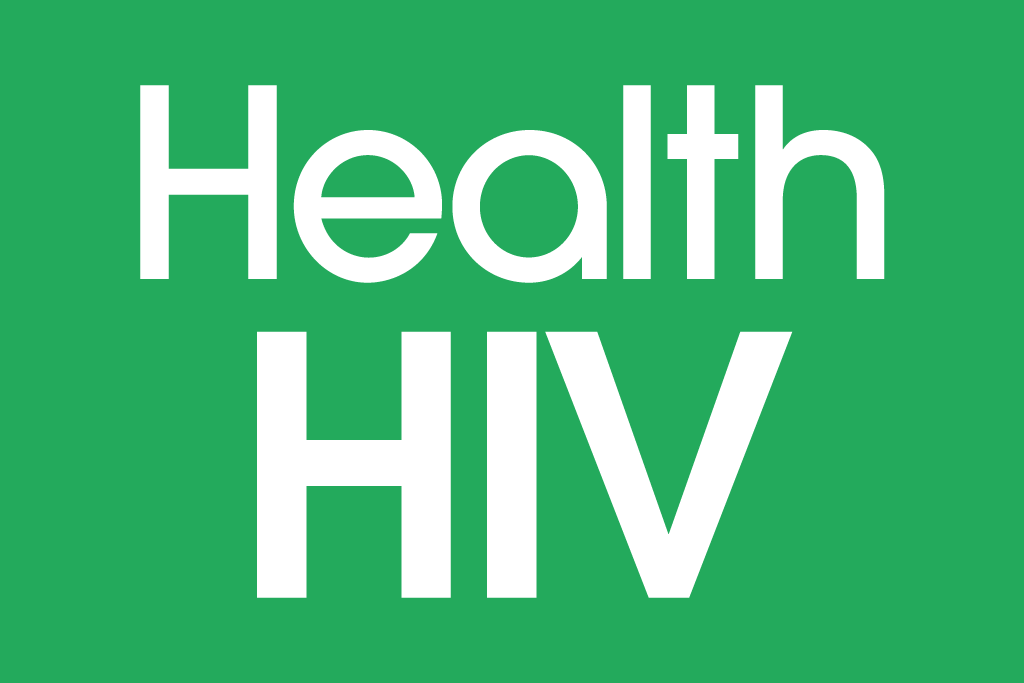Closing the gap in implementation of HIV clinical guidelines in a low resource setting using electronic medical records
The aim of this study was to present statistical methods that maximize the use of existing electronic medical records (EMR) to monitor compliance with evidence-based care guidelines in low and middle-income countries (LMICs).
National HIV Curriculum: Linkage to HIV Care
This on-line module provides a review of the current state of linkage to care in the United States, examines the major barriers to linkage to care, and explores strategies for improving linkage to care.
No Longer Lost: Trauma Informed Care Delivery and It’s Impact on Lost to Follow Up
This presentation was part of the 2020 National Ryan White Conference on HIV Care & Treatment.
Data-Driven Strategies for HIV Care Re-Engagement: A Southern Perspective From Tennessee
This presentation highlights the Data to Care program coordinated by the Tennessee Department of Health. Participants will learn how data is used to identify people with HIV who are considered ‘out of care’ and how to successfully re-engage patients into HIV medical care and supportive services.
A Novel Process for Determining Evidence and Impact of Retention and Re-Engagement Interventions for Dissemination
This presentation discusses results from the HRSA Special Projects of National Significance Evidence-Informed Approaches to Improving Health Outcomes for people with HIV project.
Re-Engagement into HIV Care: An Urban Communities Model
This presentation focuses on reducing the percentage of HIV patients who are out of care. Participants will learn to use a multi-disciplinary team approach to identify patients who are truly out of care, pinpoint the most effective approach toward contacting patients to be brought back into HIV care, and maintain the patient’s HIV care.
Educational Videos for Women of Color with HIV
Series of six brief, animated videos with HIV-specific patient education tailored for women of color with HIV.
Leveraging Electronic Health Records to Collect and Integrate Outcomes-Based Data in Care
As part of a Ryan White HIV/AIDS Program (RWHAP) Special Projects of National Significance (SPNS) initiative Improving Health Outcomes through the Coordination of Supportive Employment and Housing Services, Gay Men’s Health Crisis (GMHC) updated its data management process to better document housing and employment service outcomes.
Predictive Analytics for Retention in Care in an Urban HIV Clinic
In the United States, less than half of HIV-positive individuals are retained in care. This machine learning model was developed to identify patients at risk for dropping out of care in an urban HIV care clinic using electronic medical records and geospatial data.
Peer Engagement to Improve Linkage to Care and Retention in Care for Youth, Women, Infants, and Children
University Health (UH) uses peers and patient navigators to provide support, reduce barriers, and improve linkage and retention to care for women and youth with HIV.



